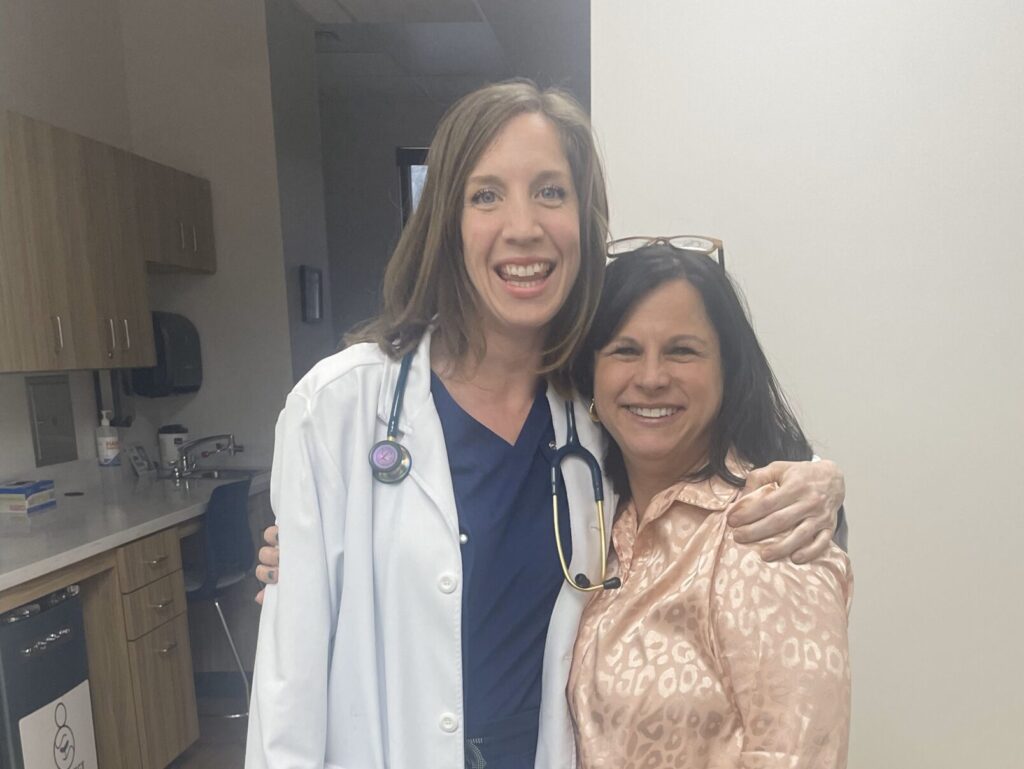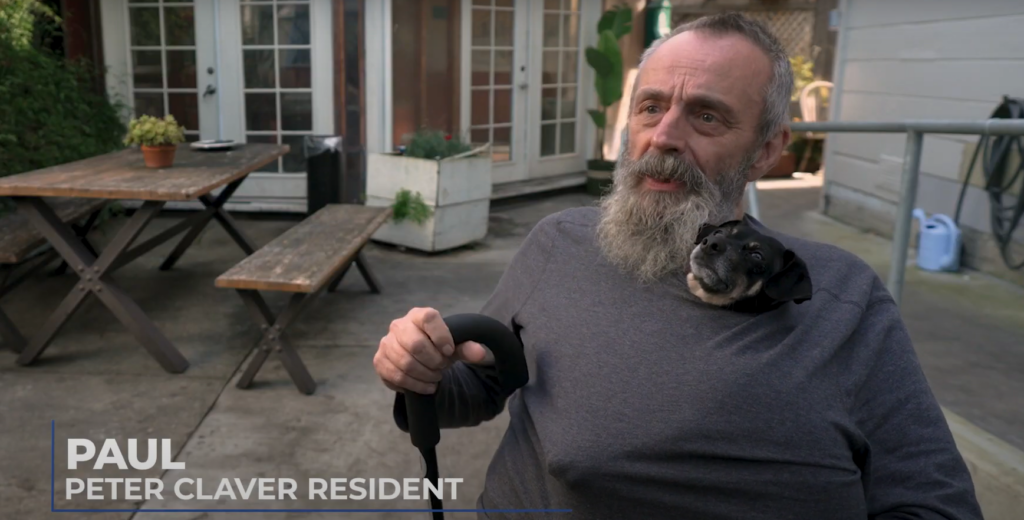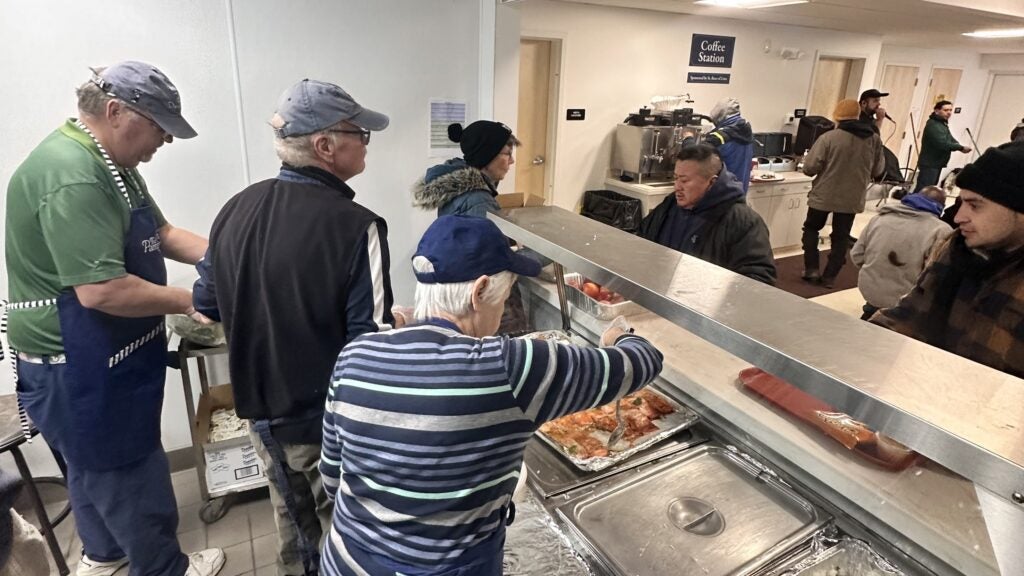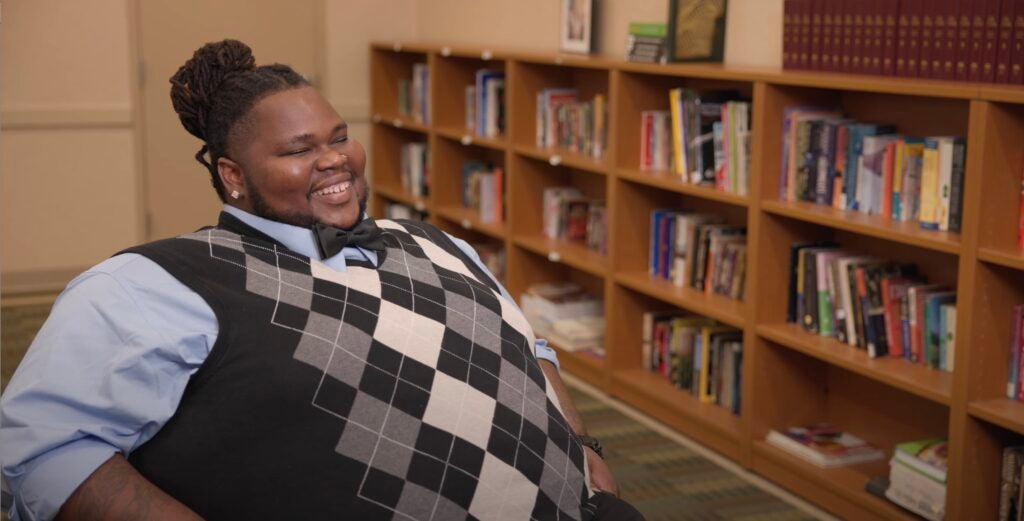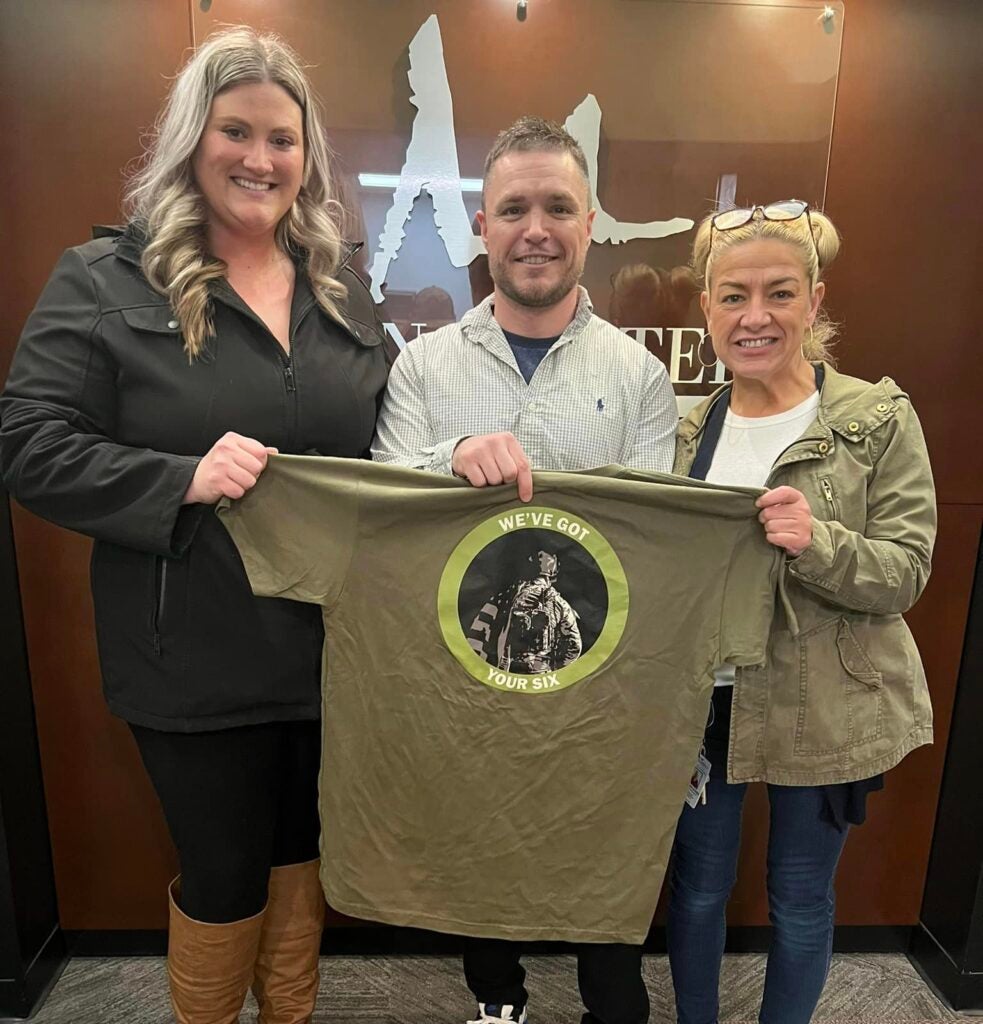
It shouldn’t cost more to be poor: Helping the unbanked with finances
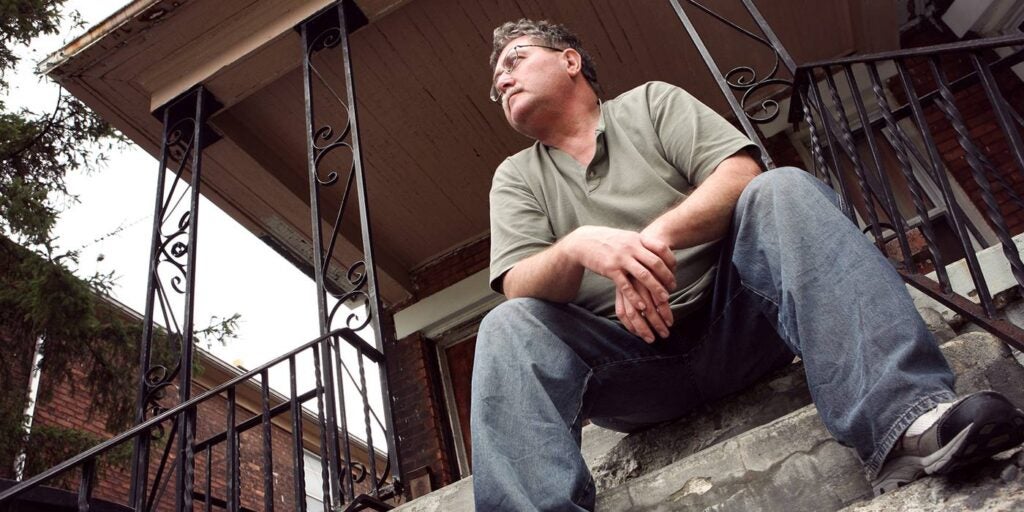
There’s a saying: “It costs more to be poor.” And it’s true when it comes to individuals who operate outside of the financial mainstream. They frequently face less secure, less convenient and more expensive alternatives to carrying out their everyday financial transactions. Catholic Charities of Kansas City-St. Joseph is working to change that, helping low-income and unbanked clients, particularly immigrants, become competent in taking advantage of financial products and services tailored to their needs.
Catholic Charities of Kansas City-St. Joseph has forged a partnership with Holy Rosary Credit Union (HRCU) in Kansas City, which offers membership to Catholic Charities staff and any client referral of the agency. These clients are first prepared for banking through financial education and a lot of reassurance.
“The people we work with have no understanding of the banking system,” said Becky Gripp, coordinator of the agency’s Economic Security Program. “They have to learn how it all works and to trust in the banking system and that their money will be secure.”
In addition to offering standard banking accounts, HRCU has developed loan products to meet the needs of middle- and low-income families and help them build good credit and even assets. One HRCU loan program lowers the interest rate every six months if payments are made on time. Further, the paid interest on the loan goes into a savings account for the client.
“Most banks don’t want to take on high-risk low-credit or no-credit clients because the banks don’t make a lot of money and the clients need a lot of support,” said Gripp. “But Holy Rosary has really worked hard to make this work. They are willing to take the risk to help people help themselves.”
One client of Catholic Charities was in danger of losing her job when the call center she worked for decided to make all their jobs home-based. She needed a computer at home to keep her job. With her financial preparation through Catholic Charities and a loan from HRCU, she was able to get a computer, keep her job and build credit.
“When someone takes the information they’ve learned and puts it into action, they’ve moved from being informed to being competent,” said Gripp. “And with competency in using the financial system, people can afford a better quality of life for themselves and their families.”

